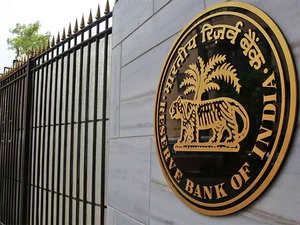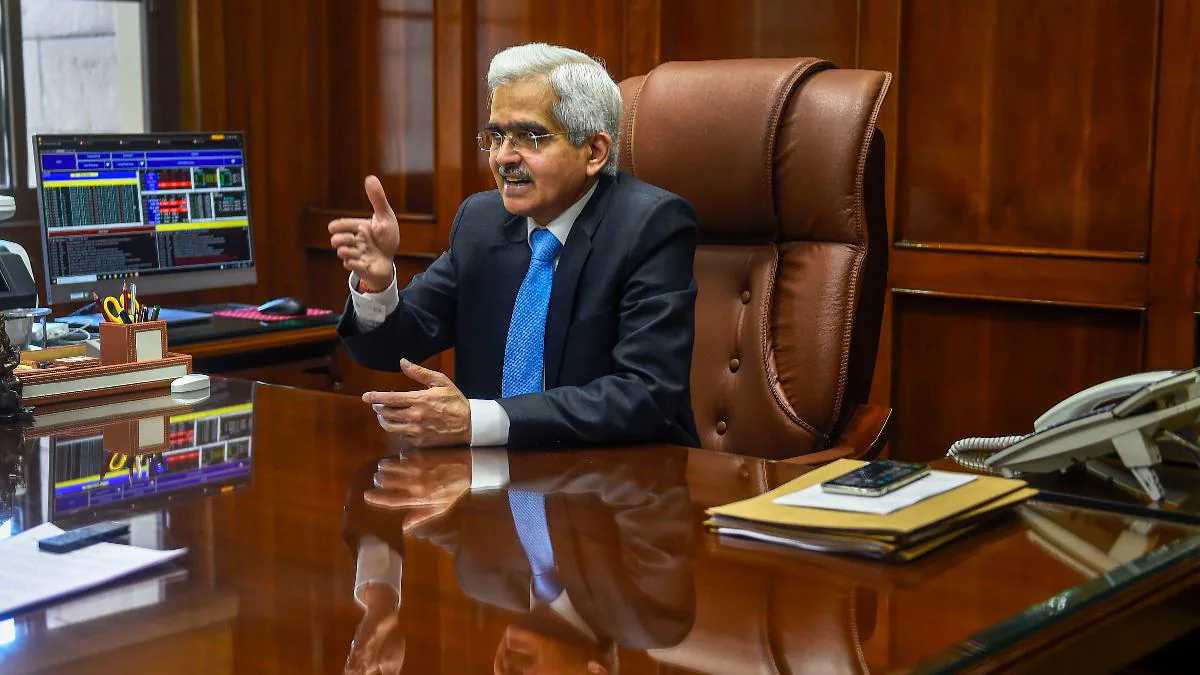Jayanth R Varma, an IIM-Ahmedabad professor of finance, was the only one on the Reserve Bank of India’s (RBI) monetary policy committee (MPC) to disagree with retaining the repo rate during the August 4 to 6 meeting.
The minutes of the meeting were released on Friday, in which Varma’s stance was quite clear. “As the pandemic continues to mutate, it appears to me that the balance of risk and reward is gradually shifting, and this merits a hard look at the accommodative stance,” he said.
Varma was uninhibited in expressing his reservations related to the RBI’s accommodative monetary stance. “The need of the hour is twofold: first, continue the monetary policy support to the economy; and second, remain watchful of any durable inflationary pressures and sustained price momentum in key components so as to bring back the CPI inflation to 4 percent over a period of time in a non-disruptive manner,” he said.

The six-member committee has Shashanka Bhide, Ashima Goyal, Jayanth R Varma, Mridul K Saggar, Michael Debabrata Patra, and RBI governor Shaktikanta Das on the panel.
The committee unanimously gave their vote after the discussion to keep the policy repo rate unchanged at 4 percent.
Varma explained his stance by giving detailed reasons for his disagreement with the unchanged reverse repo rate.
He started with the Covid-19 pandemic’s effect on the economy and how the central bank undermined it, in the beginning, owing to scarce information on the role it played.
“The ability of monetary policy to mitigate a human tragedy of this nature is very limited as compared to its ability to contain an economic crisis,” he said.
“Keeping monetary policy highly accommodative for such a long horizon is very different from doing so for what was earlier expected to be a relatively short crisis,” Varma added.
He then highlighted the impact on the micro, small and medium enterprises (MSMEs) due to the pandemic, which suffered a great deal with localized lockdowns as compared to the bigger companies.

“At the firm level, MSMEs have suffered severely, while large businesses have prospered. At the household level, the pandemic has been devastating for weaker sections of society, while the affluent have weathered it reasonably well.
Geographically also, the pandemic has done its worst damage in around 100-200 districts spread across a relatively small number of states.
Monetary policy is much less effective than fiscal policy for providing targeted relief to the worst affected segments of the economy,” he claimed.
Lastly, he spoke on the indicators for inflation which shows that it is not expected to drop below 5% even in the first quarter of 2022-23.
“The tolerance band is designed to allow for forecast errors, implementation shortfalls, and measurement issues. Treating 5% as the target would significantly increase the risk of inflation targeting failures,” Varma added.
Also Read: India considering mini trade deals with Australia and UK
















